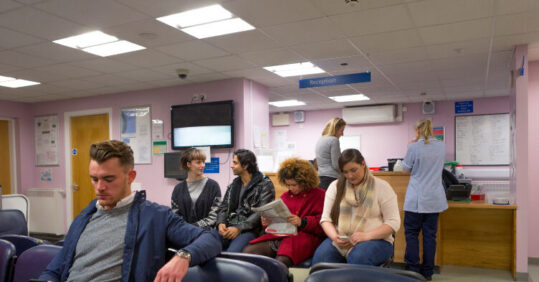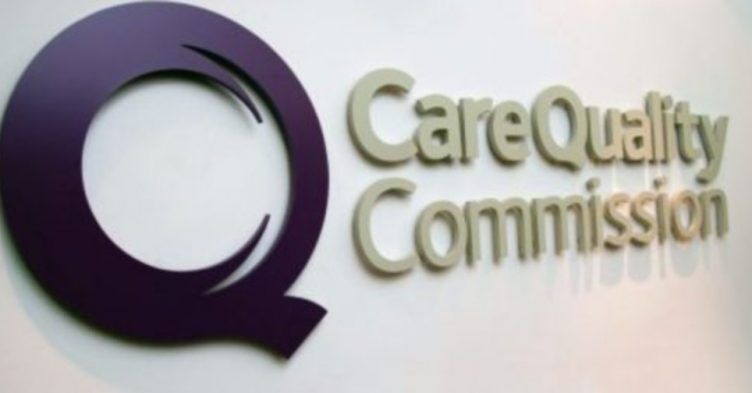A new recovery plan for primary care has sparked anger among the profession over concerns that nurses were excluded from its creation.
NHS England and the Department of Health and Social Care has today published its highly anticipated Delivery plan for recovering access to primary care.
However, the document has quickly come under criticism from those across the profession who have branded the plan a ‘missed opportunity’ to engage with general practice nurses (GPNs) and nursing leaders in the sector.
The 46-page plan promises to provide ‘millions of patients’ quicker and easier access to NHS care through investments in better technology for GP teams and through an expanded role for community pharmacists.
However the mention of nurses within the plan is minimal and it appears that nursing leaders were not involved in its development.
The acknowledgments section – which credits a number of medical, pharmaceutical and patient bodies with having ‘informed’ and ‘developed’ the plan – fails to mention any named nursing body as a stakeholder.
Responding to concerns that nursing bodies were not cited as stakeholders, Louise Brady, national primary care nursing lead for NHS England, wrote on social media site Twitter that she ‘would have been very happy to support alongside senior nursing colleagues’, suggesting she had not been included in the consultation.
Ms Brady added: ‘We cannot influence policy, practice and education to support our communities without [breadth] and depth of expertise of our primary and community nurses.’
Also on Twitter, chief executive of the Queen’s Nursing Institute (QNI), Dr Crystal Oldman, said the plan was ‘such a missed opportunity to engage with GPNs and to be more inclusive of the second largest clinical workforce in general practice’.
Speaking to Nursing in Practice, Dr Oldman, said the document was an example where the QNI ‘would have been able to provide the evidence, data, intelligence and access to GPN networks that may have influenced thinking on supporting and developing the GPN workforce’, had they been consulted.
But Dr Oldman added that it was ‘not too late’ to involve nursing experts in the implementation of the plan.
Nurses have also taken to social media to express their concerns, including one practice nurse who said it was ‘insulting and frustrating’ that nurses were ‘not asked as a stakeholder to be part of a document that has huge implications for how we work’.
Another nurse wrote on Twitter: ‘Once again nursing is not recognised, not respected and clearly adds no value.’
Within the blueprint itself, there is a mention of a continued provision of £4m of the System Development Fund, which it said can be used to ‘recruit and retain’ GPNs, as well as £35m of funding for general practice fellowships more widely in 2023/24.
In addition, the plan makes reference to a ‘further £385m’ available in the Additional Roles Reimbursement Scheme funding ‘to continue to grow capacity’ in general practice. And it was recently announced that advanced clinical practitioner nurses would be added to that scheme.
But Dr Oldman from the QNI said that while GPNs had welcomed colleagues into new roles through the scheme, they were also ‘frustrated’ about the additional responsibility created by the ARRS roles.
Meanwhile, Royal College of Nursing chief nurse, Nicola Ranger, said the plan had ‘some vital elements missing’, including that it was ‘failing to invest in nursing, an integral part of any general practice’.
She added: ‘This plan fails to invest in the general practice nursing workforce – it won’t help to retain existing staff or make it a more attractive area of nursing to specialise in.’






